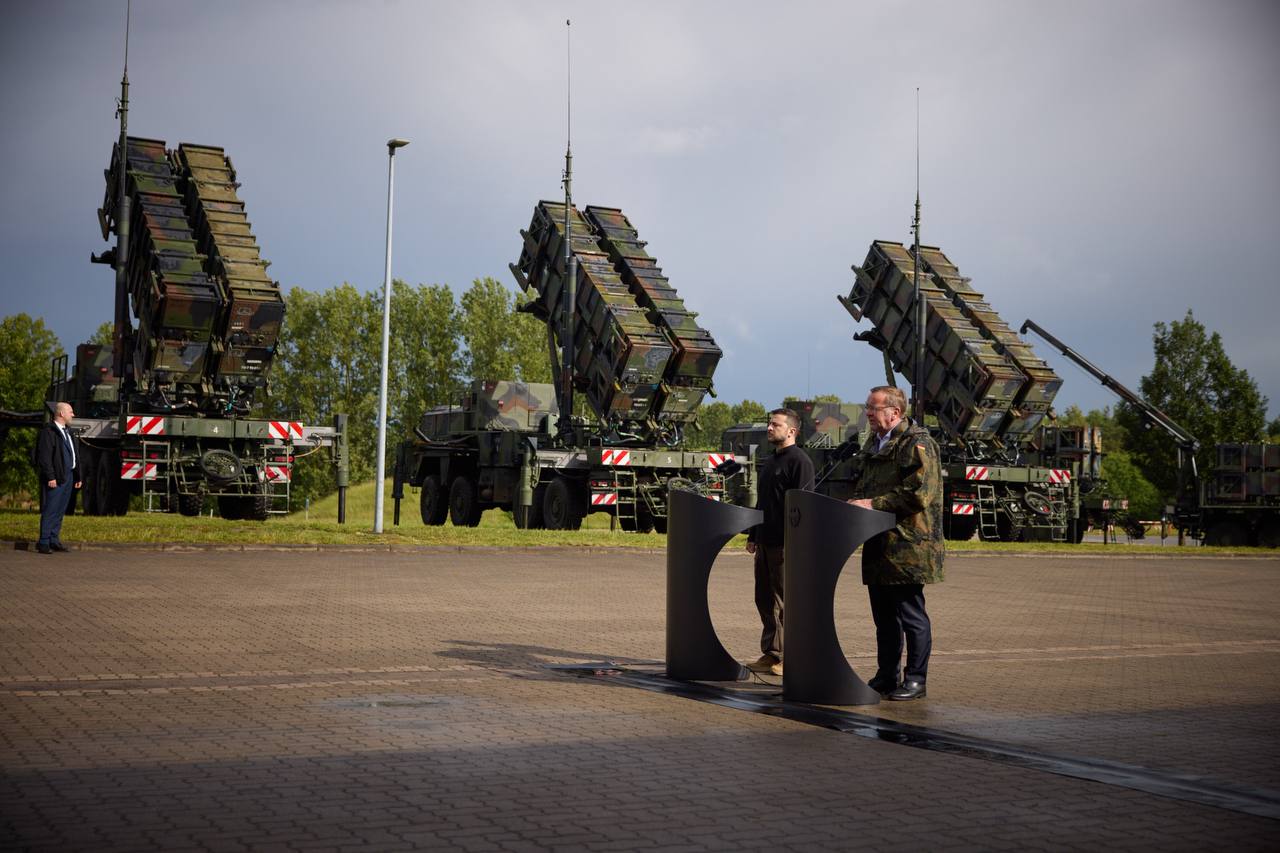The US has over 60 Patriot batteries but does not want to send any to Ukraine due to a policy of isolationism, Defense Express writes.
The US indeed has the largest number of Patriot air defense systems among all NATO members, all of which are American-made. However, during Senate hearings, Secretary of State Marco Rubio stated that Washington has no capacity to transfer additional systems to Ukraine and added that the US encourages NATO allies to find them in Europe.
Rubio defends Trump’s foreign policy while US flags “are coming down around world”
The shortage has been clearly demonstrated by the decision to temporarily withdraw Patriot batteries from Korea and redeploy them to the Middle East.
This decision was made in early April amid rising tensions with Iran following Trump’s attempt to pressure Tehran into signing a nuclear deal, which has still not been concluded. This is in a context where the simultaneous support of partners against both North Korea and Iran is already causing difficulties for the US, the military experts say.
In Europe, most countries that could transfer Patriots have already done so. For example, the Netherlands was unable to find a partner for a joint transfer of the system and handed over only part of it—the radar and three launchers.
Currently, the only NATO country in Europe being considered as a potential donor is Greece, which has six Patriot PAC-2 batteries with limited capabilities against ballistic missiles. At the same time, the US is reportedly pressuring Athens to provide at least one battery to Ukraine.
In fact, the US policy, publicly outlined in February by Defense Secretary Pete Hegseth at a Ramstein meeting, is that Europe’s security problems are exclusively Europe’s problems. The US is focusing its forces on the Indo-Pacific region, shifting priorities in defense policy.
Thus, European countries must independently seek ways to ensure their own security, while the US will only sell missiles and modernize systems for money.
This has also been confirmed by US President Donald Trump, who does not see a threat in the increased Russian presence on the borders of Finland and Norway and considers the negotiations between Ukraine and Russia not his problem.
A new security paradigm has already been formed — one that forces Europe to find its own answers to the challenges of war and aggression.




